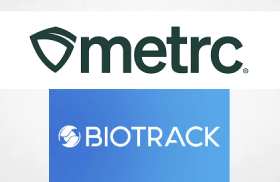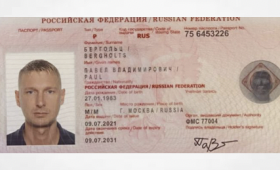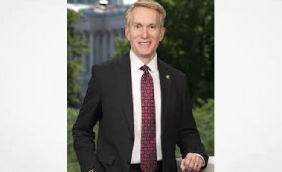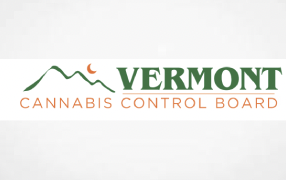As Harborside head back to court Bloomber covers the issues again. Do use our search function on the site and a “Harborside” search will feed you a plethora of stories on the issue
Bloomberg report
Harborside Inc., which went public on Canada’s stock exchange earlier this year, plans to appeal its November 2018 Tax Court ruling, the official decision and penalties for which should come any day now, according to the company’s counsel. The court sided with the government and is expected to charge Harborside between $11 million and $13 million in back taxes under a drug war-era tax policy that’s become the bane of pot company CPAs’ existence: Section 280E.
A successful appeal wouldn’t do away with that hated paragraph in the tax code, but could shield cannabis businesses with other activities that aren’t illegal under the Controlled Substances Act from Section 280E and make it a bit easier for cannabis accountants to comply.
“We also expect it would—or certainly hope it would—lead to the industry collectively saving millions and millions of dollars, potentially hundreds of millions of dollars,” said co-founder Steve DeAngelo, who refers to himself as the company’s chairman emeritus.
The relief would come as little progress is made on legalization bills and legislation shielding from federal rules businesses in states where the drug is legal.
This section, enacted in 1982, bars those “trafficking” in Schedule I and II substances from taking the deductions afforded to most federally legal enterprises, such as rent, equipment costs, and employee benefits, unless those expenses are used to build up inventory.
Fast-forward nearly four decades later—with hemp legal federally; recreational marijuana legal in 11 states and Washington, D.C.; and medicinal marijuana allowed in 33 states plus the nation’s capital—and legal weed businesses are struggling to stay afloat in the face of 70% effective tax rates and the looming threat of an Internal Revenue Service audit.
‘This Big Mess’
To avoid allegations of a 16th Amendment violation, lawmakers back in 1982 allowed Schedule I and II drug sellers to reduce their taxable income by the cost of their inventories, known as “cost of goods sold.” That’s the price of anything that went into the product, which can mean a lot for producers making their goods from scratch and, for straight retailers, little more than the item set for resale.
Still, what counts as “cost of goods sold” isn’t totally clear, and Harborside has become the poster child for this lack of clarity.
“There are no regs. That is the real injustice of Harborside—Steve DeAngelo did everything right,” said the company’s new counsel, Greenspoon Marder LLP partner James Mann, a former assistant deputy attorney general in the Justice Department’s Tax Division.
Source & More: https://news.bloombergtax.com/daily-tax-report/pot-company-to-take-the-irs-to-court-over-drug-war-era-policy















